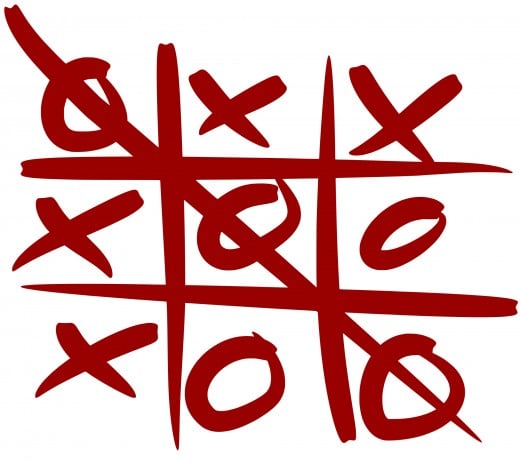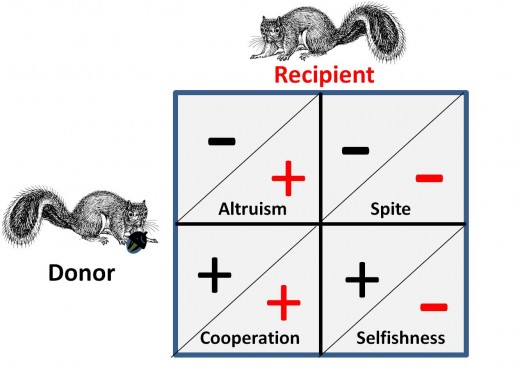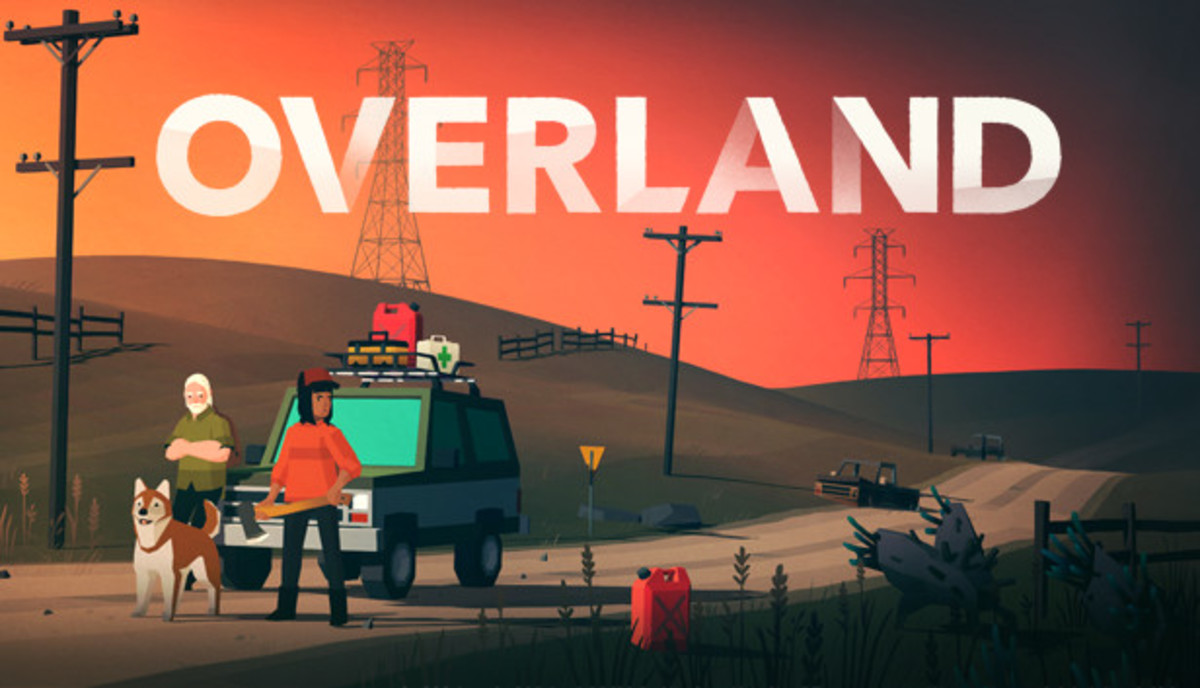What is Game Theory?

A strategy is an integral part of any game that we play. Even for the simplest of games, there is always a strategy which is followed by players. The outcome of a game is directly caused by the sequence of decisions taken by the player in the game. Game theory is all about the science of strategy!
What is Game Theory?
Game theory is the study of mathematical models which analyses the interaction between rational decision makers. Basically, it is the study of how people make decisions. It also covers the strategy behind real-world decisions. Game theory can, therefore, be applied for the logical decisions made by humans, computers or even animals.
According to game theory, all the people involved in the decision making are referred to as players. Game theory assumes that all participants take rational decisions to secure the best possible outcome of the game for them.

Multiple Players:
In both games and real-life scenarios, there are always more than one participants in the game. And in many cases, these participants compete with each other for the best possible outcome. What this means is that any decision taken by one of the players may or may not affect the decisions and outcome for the other players.
The decisions taken by a player can have a positive or negative effect on another player. So, all the players must be constantly aware of not only their decisions but also the decisions made by the rest of their competitors. For example, in bidding for a project, the person must provide the highest possible winning bid by guessing how much his competitors might offer.
Types of Interdependence:
When we consider a neutral environment, we need not worry about the other players as it will not affect your strategy. For example, building a wall might not have any resistance if there are not other players involved. However, if we plan on getting a contract to build the wall based on a bid, then there are lots of facts we need to take into account first.
There are two types of inter-dependence: sequential and simultaneous. In sequential inter-dependence, both players are aware of the actions done by the other player. Sequential inter-dependence is similar to a game of tic-tac-toe or chess. After each player makes a turn, the other player is made aware of this action. The player can now react to this during his turn.

In sequential inter-dependence, the player knows the actions done by his opponent. Using this information the player has to plan his next move which gives him the greatest probability of winning. For a game of tic-tac-toe, the outcome can be computed easily. But with games like chess, the players have to plan several moves ahead of time to predict what the other player is planning in order to counter it.
In simultaneous inter-dependence, both players are unaware of the actions done by the other player. The players act at the same time without knowing the actions done by the other player. Most real-world scenarios follow this interdependence, including real-time strategy games. The player must guess what the other player might be thinking and counter it similar to a game of rock paper scissors.

The Prisoner’s Dilemma:
One simple scenario to explain Game Theory is the Prisoner's dilemma. Two prisoners X and Y are brought in front of a Judge separately. They can either confess their crime or remain silent. If X stays silent and Y confesses, then Y will be let off with minimal punishment. However, X will get a more severe punishment for not confessing and vice versa. If both X and Y confess, then they both will get minimal punishment.
However, if both X and Y remain silent, they will be let off with no punishment. Even though this seems to be the best solution, under the scenario that the two are not allowed to communicate, the safest bet would be to confess since the risk of not confessing while the other person confesses the crime is too high. The best solution, therefore, is to confess.
Game Theory Strategies:
There are a lot of strategies involved in Game Theory. The primary motive is to outwit other players to get the most favorable outcome for yourself. This will involve predicting what the opponent might be thinking and avoiding more easily predictable moves yourself. Here are a few useful strategies:

Mixing Moves:
Even if a specific move or strategy seems to be the most optimal for the given situation, it might not always be the best if it is predictable. If a strategy seems to be too obvious, then it will be easily predicted by the other players. Therefore, the player must not be too obvious in his approach.
Mixing moves is an easy way to throw off other players from predicting what you might be planning. This is the reason why in times of war, a general might hesitate to take the easiest route to the enemy. The easiest route will obviously be guarded. The Germans exploited this in WW2 by attacking through a place which was least expected by the French which led to their victory in the Battle of France.
Strategic Moves:
A player can also use threats or promises to alter the actions of other players. This might make them act in a way more favorable to the player making the threats. However, while employing this strategy, it is important to note that it might be difficult to uphold these promises and threats. A King might threaten a nation that he would declare war. However, if they do not comply, he needs to fulfill his threat by declaring war.

Bargaining:
Consider a game show in which two individuals are supposed to share a lump sum of money among themselves. However, the exact split needs to be discussed by them. The catch here is that the total amount will keep on decreasing until they come to a conclusion. In this scenario, the most patient person will end up bargaining a greater share of the money.
Concealing and Revealing Information:
Whether it be game or real life, information is wealth. With the right information, the tide of war can change instantly. Spying and gathering information about others is essential for formulating any strategy. Providing wrong information to the enemy is equally effective. This might end up harming them more than expected.

Concealment of information is especially important in the game of poker. Each player bets money based on his cards. However, if the other players are aware that you have a good hand, they might not invest in the game. It is therefore essential to mask the true worth of your cards.
Game Theory is an interesting concept. It is the science of strategy that defines how we outwit people in the game of life. We may not be aware of this term but each and every person in this world would have practiced these concepts.
© 2019 Myth and Memory








